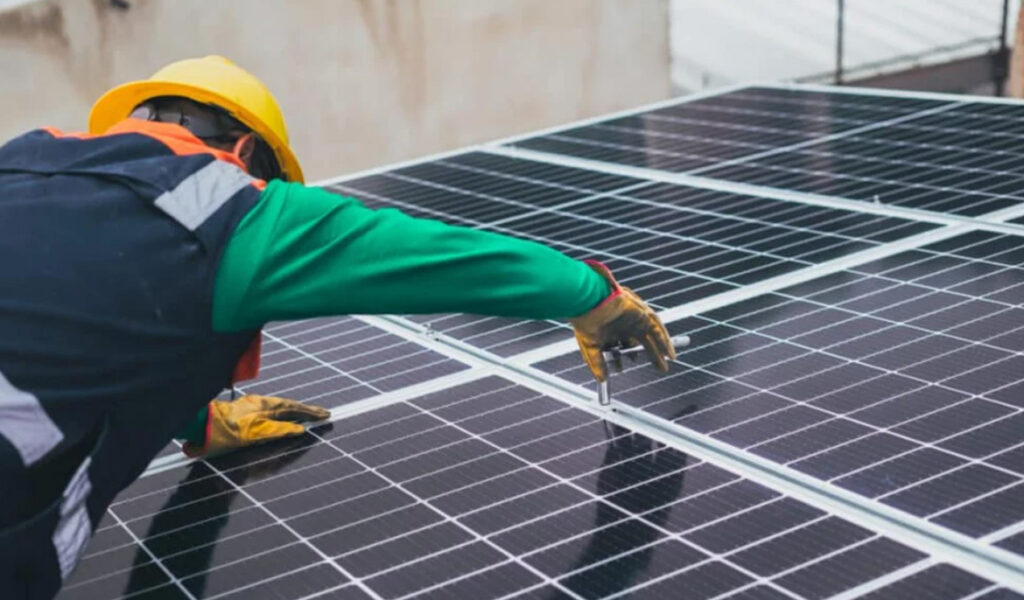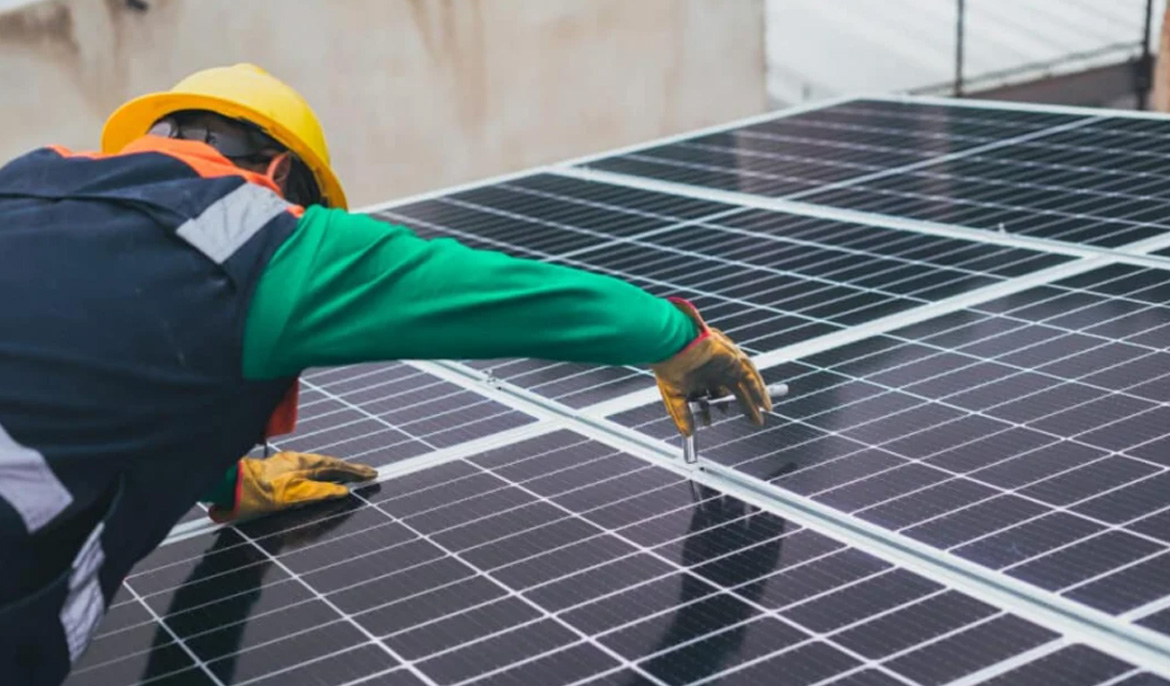Cyprus needs a long-term energy strategy with well-defined objectives, according to the chairman of the Cyprus Energy Regulatory Authority (Cera) Andreas Poullikas.
“The provision of affordable energy services is key to sustainable development,” Poullikas said in a recently published analysis piece.
However, he also noted that the key challenge facing countries today is to develop energy services that “not only support economic growth and improve quality of life but also minimise the environmental and health impacts of human activities”.
“Clean technology solutions are the cornerstone for effectively addressing global risks and challenges,” he explained, citing climate change, energy security, and resource depletion as key concerns.
Moreover, he pointed out that the European Union (EU) has already developed a sustainable energy strategy to combat climate change and enhance energy security.
The strategy, he continued, sets ambitious goals to reduce greenhouse gas emissions and increase the use of renewable energy.
To achieve these goals, the EU will need to significantly expand its use of renewable energy, particularly through technologies like energy storage and hydrogen.
“The electric sector is undergoing significant changes,” Poullikas said, noting that global electricity markets are becoming increasingly competitive, demanding lower costs and higher efficiency.
Additionally, he explained that the growing penetration of renewable energy sources like wind and solar, coupled with their intermittent nature and dispersed locations, poses new challenges for electricity grid management.
“There is an even greater need for more electrical interconnections, accurate planning, and improved control of the system,” he stated.
Poullikas also mentioned that as an isolated island with a unique economic structure, Cyprus faces particular challenges in its energy transition.
“Cyprus is a country with many particular characteristics,” Poullikas said.
“For example, it is isolated from the rest of Europe, and its economy relies heavily on tourism,” he noted.
“The country is also dependent on oil and often suffers from severe water shortages,” he added.
However, he stressed that Cyprus has high potential in renewable energy, particularly solar power, and could also benefit from potential natural gas reserves.
To achieve its energy transition, the Cera chief mentioned, Cyprus will require substantial investment over the next 30 to 40 years.
“Investment levels are expected to triple or quadruple compared to current levels,” Poullikas said.
For this transformation to succeed, Poullikas stated that “Cyprus will need a long-term, integrated energy strategy with clear goals and an appropriate regulatory framework”.
He suggested that Cyprus could position itself as a hub for the development of a low-carbon and hydrogen economy, ultimately aiming for carbon neutrality by 2050.
Furthermore, Poullikas laid out clear targets for Cyprus to reach 100 per cent greenhouse gas reduction by 2050.
By 2030, the goal is for 30 per cent of the country’s energy to come from renewable sources, rising to 75 per cent by 2040 and 100 per cent by 2050.
In terms of electrical interconnections, he mentioned that Cyprus should aim for 50 per cent by 2030, 65 per cent by 2040, and over 80 per cent by 2050.
These optimistic goals for 2030 and 2040 can be achieved with proper planning and monitoring, Poullikas argued, advocating for cross-party agreements on energy strategy in Cyprus.
“With the right strategy, Cyprus could be transformed into a model green country by 2050,” Poullikas stated.
He also said that he “envisions a future where Cyprus transitions from its current carbon-based economy to a more sustainable hydrogen economy by 2050”.
By then, he expects the country’s energy system to be smart, digitised, flexible, decentralised, and electrically interconnected.
He mentioned that hydrogen will be used across all energy sectors, alongside renewable energy sources, energy storage systems, and electrification.
“With proper planning, Cyprus could make the most of its energy potential and transform into a producer state”, Poullikas said.
“The country could export electricity through appropriate electrical interconnections, thereby ending its energy isolation,” he added.
“At the same time”, he continued, “Cyprus could become a hub for the transfer of electricity between the European Union, the Middle East, and Africa, increasing its energy security”.
Additionally, Poullikas said that Cyprus, along with other countries in the Eastern Mediterranean, could become pioneers in the hydrogen economy.
“With the right sustainable energy strategy, Poullikas asserts that Cyprus can achieve its ambitious goal of becoming a climate-neutral green country by 2050,” the Cera chief concluded.



